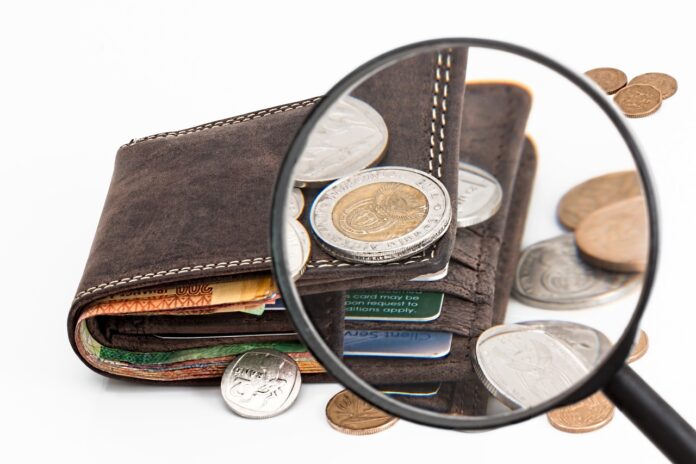In this article we will explore the concept of personal savings in your 20s .Your twenties are a time of exploration, growth, and transition. Still, they’re also a critical period for setting the foundation for long-term financial success. From managing day-to-day expenses to planning for future goals, navigating personal finance in your twenties requires careful budgeting, disciplined saving, and strategic investing. In this article, we’ll explore essential tips for managing your finances effectively during this pivotal decade of your life.
Table of Contents
Create a Budget:
A budget is fundamental to managing your finances effectively. Begin by monitoring your income and expenses to understand your spending habits. Allocate your income to essential expenses such as housing, utilities, groceries, and transportation while setting aside funds for savings and discretionary spending.
Save money in your 20s:
Prioritize building an emergency fund with 3-6 months’ worth of living expenses. Investing in retirement accounts, such as a 401(k) or IRA, is a prudent decision. It enables you to benefit from compound interest and helps you accumulate wealth for the future with ease.
Paying off outstanding debt is crucial and should be your top priority. It would help if you initially focused on settling high-interest debt while making minimum payments on other debts. Exploring debt consolidation or refinancing options can also be a wise move to simplify payments and minimize interest expenses.
Invest for the Future:
Investing early in life offers the potential for long-term growth and financial security. Educate yourself about different investment vehicles, such as stocks, bonds, mutual funds, and exchange-traded funds (ETFs). Consider opening a brokerage account and starting a diversified portfolio aligned with your risk tolerance and investment goals.
Plan for Major Expenses:
Anticipate significant life events and expenses such as higher education, buying a home, starting a family, or traveling. Create a savings plan for each goal and set aside funds regularly to achieve them. Consider using tools such as automated transfers or savings apps to make saving more accessible and more convenient.
Practice Financial Discipline:
Exercise discipline in your spending habits and avoid unnecessary expenses or impulse purchases. It is essential to distinguish between our needs and wants and prioritize how we spend our money. This way, we can ensure that we are not impulsively buying things that don’t align with our values and long-term goals. We have several options to keep track of our spending and stay within our budget, such as using cash, debit cards, or budgeting apps. By doing so, we can better understand where our money is going and make informed decisions about how to allocate our resources effectively. Ultimately, this can help us to lead a more fulfilling and financially sound life.
Invest in Yourself:
Investing in your personal and professional development is an investment in your future earning potential. Pursue opportunities for education, skills development, and career advancement. Consider additional certifications, workshops, or advanced degrees that can enhance your qualifications and open doors to new opportunities.
By adopting healthy financial habits and making informed decisions about budgeting, saving, and investing, you can set yourself on the path to economic stability and success in your twenties and beyond. Your choices will lay the groundwork for a secure and prosperous future.



[…] economic downturns, such as the 2008 recession, companies with a strong focus on diversity and inclusion […]
[…] financial situation. Whether you prefer the 50/30/20 rule, the envelope system, or zero-based budgeting, the key is to find a system that is sustainable and effective for […]